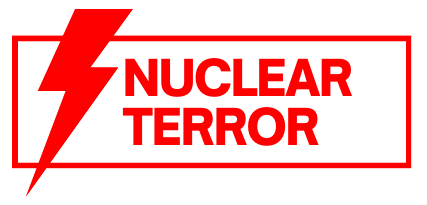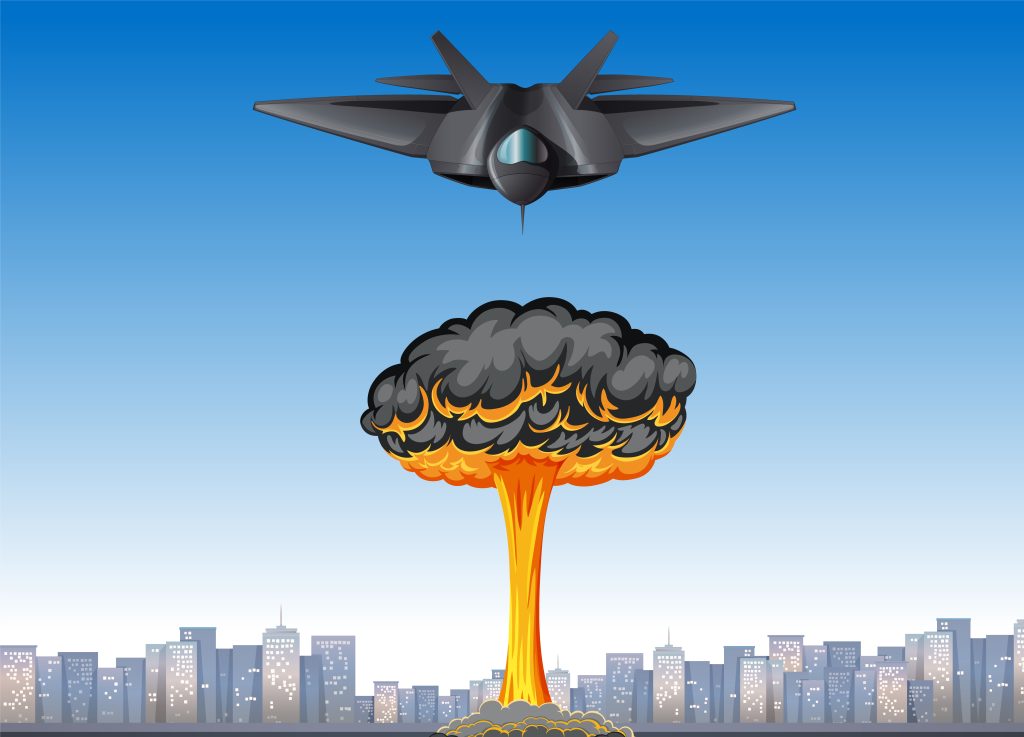Have you ever wondered who played a role in providing nuclear weapons to Israel? Well, here’s an intriguing statistic for you: it is estimated that Israel possesses around 80 nuclear warheads, making it one of the few undeclared nuclear-armed nations in the world. But how did Israel acquire these weapons? The answer to this question is shrouded in secrecy and international intrigue. In this article, we will explore the covert nature of Israel’s nuclear program and uncover the hidden truths behind its acquisition of nuclear weapons. From the clandestine activities at the Dimona reactor to the involvement of various countries, including the United States, France, and Germany, we will unravel the complex web of events that led to Israel’s nuclear arsenal. So, buckle up and get ready to uncover the truth behind who gave nuclear weapons to Israel.
Israeli Cover Stories and Secrecy Surrounding Dimona
During the development of the Dimona nuclear reactor in Israel, the cloak of secrecy and the use of cover stories became essential elements in keeping the project hidden from prying eyes. Israeli deception and the secrecy surrounding Dimona raised concerns for the United States, particularly in terms of nuclear proliferation and regional stability. Top level officials were dismayed by the lack of candor in Israeli cover stories about the Dimona reactor. In fact, a U.S. embassy telegram quoted a Ben-Gurion aide stating that it was a stupid mistake for Israel to cloak the nuclear project in secrecy. To maintain the secrecy, Israeli official Addy Cohen improvised a story about a textile factory to deceive U.S. officials during a helicopter tour near Dimona. The secrecy surrounding Dimona was deemed unjustifiable by an unidentified official close to Prime Minister David Ben-Gurion. Consequently, the U.S. government sought answers about Dimona and Israel’s intentions, encouraging Israel to accept visits by U.S. scientists and proposing subjecting the Dimona reactor to International Atomic Energy Agency inspections. The discovery of the Dimona project more than five years after Israel’s commitment to a nuclear program was considered a significant intelligence failure, and it raised questions about the U.S.-Israeli relationship and the need for international monitoring of Dimona.
U.S. Government’s Discovery and Reaction to Dimona
The discovery of Israel’s secret nuclear program at Dimona by the U.S. government raised concerns about regional stability and nuclear proliferation. As the U.S. government learned about the true nature of Dimona, several key questions and concerns arose:
- What were the U.S. government’s concerns regarding Dimona? The U.S. government was concerned about the potential implications of Israel possessing nuclear weapons. It raised questions about regional stability, as well as the potential for nuclear proliferation in the Middle East.
- How did the U.S. react to the discovery of Dimona? The U.S. government debated over Israel’s lack of candor regarding Dimona and sought answers about the nature of the project and Israel’s intentions. They encouraged Israel to accept visits by U.S. scientists and even proposed subjecting the Dimona reactor to International Atomic Energy Agency inspections.
- How did the U.S. Israeli relations factor into the U.S. government’s response? The U.S. government had to balance its concerns about nuclear proliferation with its relationship with Israel. They faced a complex dilemma of how to respond to the challenge posed by Dimona without damaging the U.S.-Israeli relationship.
- What were the implications for regional stability and nuclear proliferation? The discovery of Dimona raised questions about the stability of the region and the potential for other countries to pursue nuclear weapons. The U.S. government’s concerns were rooted in the need to prevent the further spread of nuclear weapons in the volatile Middle East.
Calls for International Atomic Energy Agency (IAEA) to Monitor Dimona
Should the International Atomic Energy Agency (IAEA) have been called upon to monitor the Dimona facility? The question of IAEA involvement in monitoring Dimona arises due to concerns about regional stability, nuclear proliferation, and the relationship between the US and Israel. The lack of IAEA monitoring has raised eyebrows and led to calls for greater transparency in Israel’s nuclear program. With the IAEA’s expertise in nuclear inspections and safeguards, many argue that their involvement could help ensure that the Dimona facility is being used solely for peaceful purposes. Monitoring by the IAEA would not only provide assurance to the international community but also help prevent the potential military use of nuclear weapons. However, the decision to involve the IAEA is not without its complexities. It would require cooperation from both Israel and the US, and could potentially strain their relationship. Balancing the need for transparency and accountability with maintaining strong bilateral ties is a delicate task. Ultimately, the question of IAEA involvement in monitoring Dimona raises important considerations about nuclear security and international cooperation.
Background and Key Findings on the Discovery of Dimona
What were the key findings and background surrounding the discovery of Dimona, Israel’s covert nuclear program?
The discovery of Dimona, Israel’s covert nuclear program, was a complex and significant event that had far-reaching implications for U.S.-Israeli relations and international involvement. Here are the key findings and background related to this discovery:
- Missed opportunities: The Eisenhower administration discovered the French and Norwegian roles in the Israeli nuclear project, but there were debates over how to respond without damaging relationships. President Eisenhower may have chosen to look the other way during 1958-1959.
- U.S. Israeli relations: The Eisenhower administration had to balance the challenge posed by Dimona against the overall U.S.-Israeli relationship. The administration faced a complex dilemma in determining its public and private response to the covert program.
- Covert program: David Ben-Gurion initiated the secret feasibility initiative in 1955, led by Shimon Peres. Israel chose France as the main foreign supplier for the nuclear project, with the United States providing a small peaceful package as a cover.
- International involvement: Several countries, including the U.S., France, Germany, Britain, and Norway, were involved in assisting Israel with materials and technology for its nuclear weapons. These countries either sold resources to Israel or turned a blind eye to their theft.
The discovery of Dimona raised questions about the U.S.-Israeli relationship and highlighted missed opportunities in addressing Israel’s covert nuclear program. The Eisenhower administration’s response and the international involvement in assisting Israel’s nuclear ambitions remain important aspects of this historical event.
Missed Opportunities and Balancing U.S.-Israeli Relations
As the discovery of Dimona shed light on Israel’s covert nuclear program, it also raised important questions about missed opportunities and the delicate balance of U.S.-Israeli relations. The Eisenhower administration faced a dilemma in how to respond to the challenge posed by Dimona without damaging the U.S.-Israeli and U.S.-French relationships. The administration became aware of Israel’s deliberate efforts to keep Dimona secret, but it had to determine its public and private response. The discovery of Dimona raised questions about the U.S.-Israeli relationship and the missed opportunities in addressing Israel’s nuclear program earlier. The administration conducted an intelligence post-mortem to understand the reasons behind the missed opportunities, including the possibility of pro-Israeli officials withholding important reports and information. President Eisenhower may have chosen to look the other way during 1958-1959, further complicating the situation. Balancing the Israeli proliferation concern against the rest of the U.S.-Israeli relationship was a complex dilemma that the Eisenhower administration had to navigate.
Israel’s Covert Nuclear Program and International Involvement
Israel’s covert nuclear program has remained a topic of international interest and concern, with numerous countries playing a role in its development and acquisition of materials and technology.
- International assistance: Several countries, including the US, France, Germany, Britain, and Norway, have assisted Israel in acquiring materials and technology for its nuclear weapons.
- Nuclear proliferation: The assistance provided to Israel raises concerns about nuclear proliferation, as these countries have either sold Israel the necessary resources or turned a blind eye to their theft.
- Stolen technology: The Israeli spy ring known as Lakam successfully infiltrated sensitive industrial establishments worldwide to procure fissile material and advanced technology, demonstrating the illicit procurement of resources for Israel’s nuclear program.
- Violation of treaties: Israel’s covert nuclear program has violated numerous international laws and treaties, such as the treaty banning nuclear tests and the illegal trafficking of nuclear materials and technology.
The involvement of multiple countries in Israel’s covert nuclear program raises questions about the international community’s accountability and the effectiveness of nonproliferation efforts. The illicit acquisition of resources and the violation of treaties undermine global efforts to prevent the spread of nuclear weapons. The extent of international assistance and the lack of consequences for Israel’s actions highlight the complexities and challenges surrounding nuclear proliferation and the need for stronger regulations and enforcement mechanisms.
Israel’s Nuclear Testing and Weapons Development
The international involvement in Israel’s covert nuclear program raises questions about the extent of Israel’s nuclear testing and weapons development. With nuclear proliferation concerns and the violation of international laws at stake, it is crucial to examine the evidence surrounding Israel’s nuclear activities. The lack of accountability and the involvement of foreign countries further complicate the situation.
Israel’s nuclear testing and weapons development have been shrouded in secrecy, making it difficult to ascertain the full extent of their activities. While it is known that Israel conducted a nuclear test almost half a century ago, there was minimal international outcry at the time. The country’s estimated 80 nuclear warheads raise concerns about their intentions and the potential destabilization of the region.
Moreover, Israel’s nuclear program likely violated a treaty banning nuclear tests and engaged in illegal trafficking of nuclear materials and technology. The smuggling activities of the Israeli spy ring, Lakam, played a significant role in acquiring the necessary resources. Israel’s procurement methods, including bribing executives and stealing blueprints, highlight the lengths they went to develop their nuclear arsenal.
The lack of international accountability surrounding Israel’s nuclear program is troubling. Despite Mordechai Vanunu’s whistleblowing in 1986, the international community has largely avoided addressing Israel’s possession of nuclear weapons. Western governments, including the US and the UK, have been reluctant to discuss the issue openly, and Israeli officials face consequences for acknowledging the program.
In light of these findings, it is imperative to address the unanswered questions surrounding Israel’s nuclear testing and weapons development. The international community must hold Israel accountable for any violations of international laws and ensure transparency in their nuclear activities.


